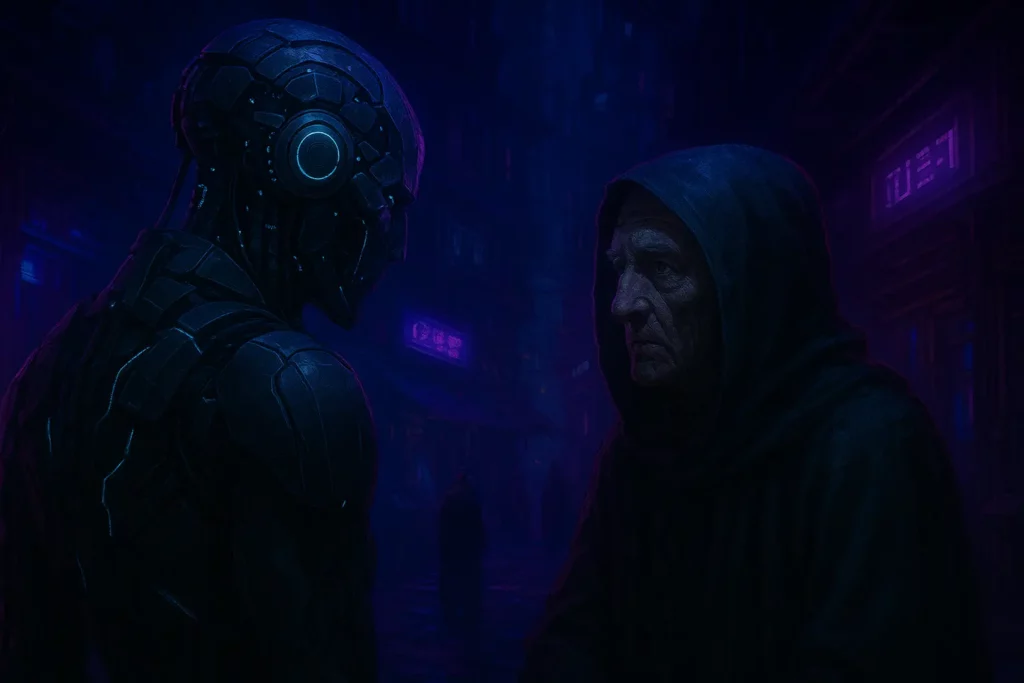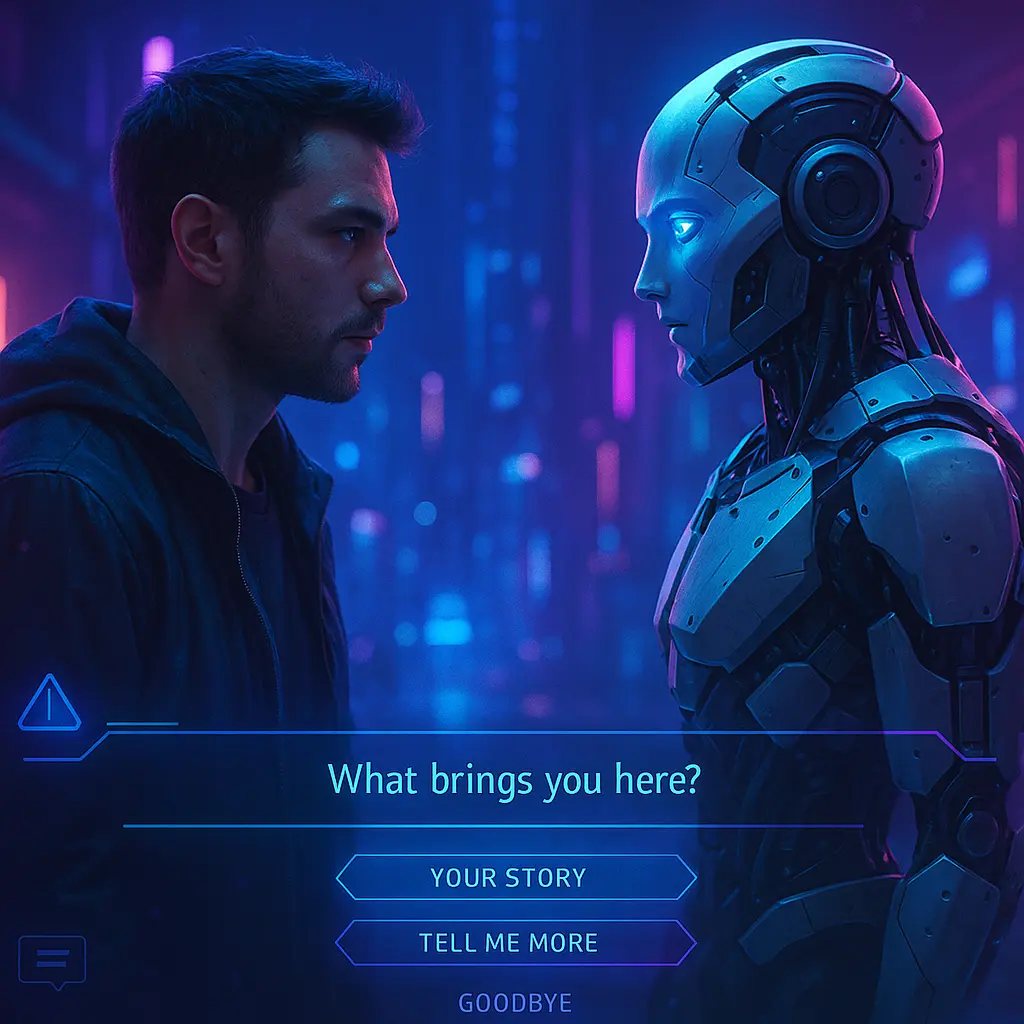How AI is Changing NPC Storytelling Forever
If you have been gaming for a while, you probably remember the days when non-playable characters stood in the same spot and repeated the same line every time you talked to them. It had its charm, but in today’s massive, detailed game worlds, that kind of interaction feels a little flat. Players want characters who feel alive, who change and grow just like the world around them. AI is helping to make that possible.

NPCs that remember you
One of the most exciting developments in game design is persistence. With AI-powered memory, NPCs can remember your past actions and respond differently the next time you meet. If you saved an NPC from danger early in the game, they might treat you like a trusted friend much later in the story. If you betrayed them, they might avoid you or even work against you. These moments make your decisions feel like they matter.
Conversations that feel real
Traditional scripted dialogue can only go so far. AI-driven conversation systems allow NPCs to respond naturally to what you do or say, even outside the boundaries of a fixed script. Instead of cycling through the same handful of lines, they can change their tone, topic, and attitude based on the situation. Imagine walking into a village and having an NPC greet you with genuine excitement because of something you achieved earlier in the game, without that line having to be pre-written by a developer.
Characters who can change roles
In most games, the shopkeeper stays the shopkeeper, the guard stays the guard, and their place in the world never shifts. AI opens the door to characters whose roles can evolve. Maybe a guard you helped with a personal quest becomes a key ally later in the main story. Maybe the quiet merchant in the corner becomes a rival if your interests clash. This makes the world feel unpredictable and alive.
Why this matters

For players, these smarter NPCs mean a deeper sense of immersion. It is one thing to complete a quest and move on. It is something else entirely to have the world remember what you did and treat you differently because of it. For developers, AI can reduce the amount of manual writing and design work needed to create these moments, freeing up time to focus on the bigger picture of storytelling and gameplay.
What is next
We are still only at the beginning of what AI can do for NPC storytelling. It will not replace the creativity of writers and designers, but it will give them new ways to build worlds that surprise and engage players. At Thoth AI, we are working with studios to explore these possibilities, from subtle personality shifts to entire plotlines that adapt in real time.
In the coming years, the difference between games with static characters and games with living, reactive NPCs will be as clear as the difference between a black-and-white photograph and a full-colour world. The technology is here, and the storytellers are ready to use it. The next step is seeing just how far we can take it.



